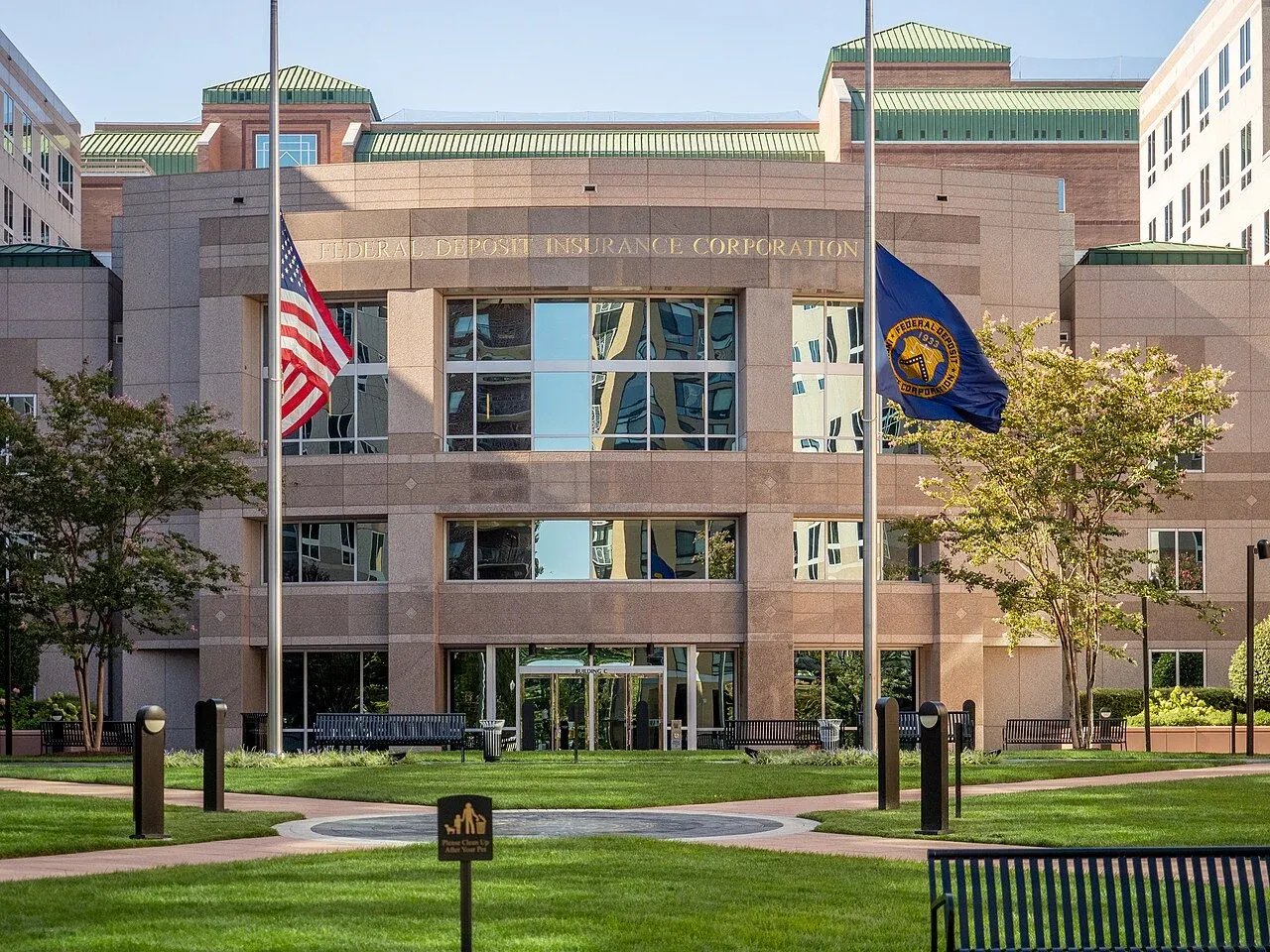Republic First Bank is first US lender to fail in 2024: Why regulators closed it, what happens next
Upstox
3 min read • Updated: April 27, 2024, 10:05 AM
Summary
As of January 31, Republic Bank held around $6 billion in assets and $4 billion in deposits. The failed lender had 32 branches, spread across Pennsylvania, New Jersey and New York.

Republic First Bank, a Philadelphia-based regional lender which did business under the brand name of ‘Republic Bank’, has been closed by the regulators. This marks the first bank failure in the US in the calendar year 2024.
The bank’s assets were seized by the Pennsylvania Department of Banking and Securities, after it abandoned funding talks with a group of investors. The action is reminiscent of the unexpected closure of three American banks – Silicon Valley and Signature in March 2023 and First Republic in May.
As of January 31, Republic Bank held around $6 billion in assets and $4 billion in deposits. It had 32 branches, spread across Pennsylvania, New Jersey and New York.
The lender’s assets have been sold to rival Fulton Bank by the Federal Deposit Insurance Corp (FDIC), the state-run body which had insured it. The FDIC will also incur a cost of $667 million due to the bank’s failure.
Why was regulatory action taken against Republic First Bank?
Republic First Bank, similar to some of the other ailing regional banks in the US, was facing a fund crunch in the post-Covid-19 period. In early 2023, it began cutting jobs and exited its mortgage business in order to improve its finances. However, the lender struggled to improve its profitability.
Analysts have pinned the blame on the dire condition of some of the regional lenders on high interest rates and declining commercial real estate values since the Covid-19 period.
Also Read: Fed rate cut expectations drop to lowest since October
Republic Bank had, late last year, reached an agreement with a group of investors that included high-profile attorney Philip Norcross and veteran businessman George Norcross. However, after months of talks, the deal collapsed in February.
The termination of the agreement was the immediate trigger for the regulatory action, reports said. Subsequently, FDIC had resumed efforts to seize the bank’s assets and sell them, the Wall Street Journal reported.
What happens next?
Fulton Bank, which is buying the failed Republic Bank, has agreed to take over all the deposits and assets, the FDIC said. All 32 branches of the bank will be reopened, starting from April 27 onwards, and will be rebranded as Fulton Bank branches.
The deposit insurance fund also allayed concerns of Republic Bank customers by noting that they would be able to access their funds through ATMs to cheques by as early as the late hours of April 26.
The deal, said Fulton Bank, will almost double its presence in the Philadelphia market as the cumulative deposits with it will rise to approximately $8.6 billion. "With this transaction, we are excited to double our presence across the region," Fulton Chairman and CEO Curt Myers said.
Notably, the stock price of Republic Bank collapsed to 1 cent a share, down from $2 apiece at the start of this year. This left the failed lender with a market capitalisation of less than $2 million. The company’s shares were already delisted from Nasdaq in August last year, and were trading over the counter since then.